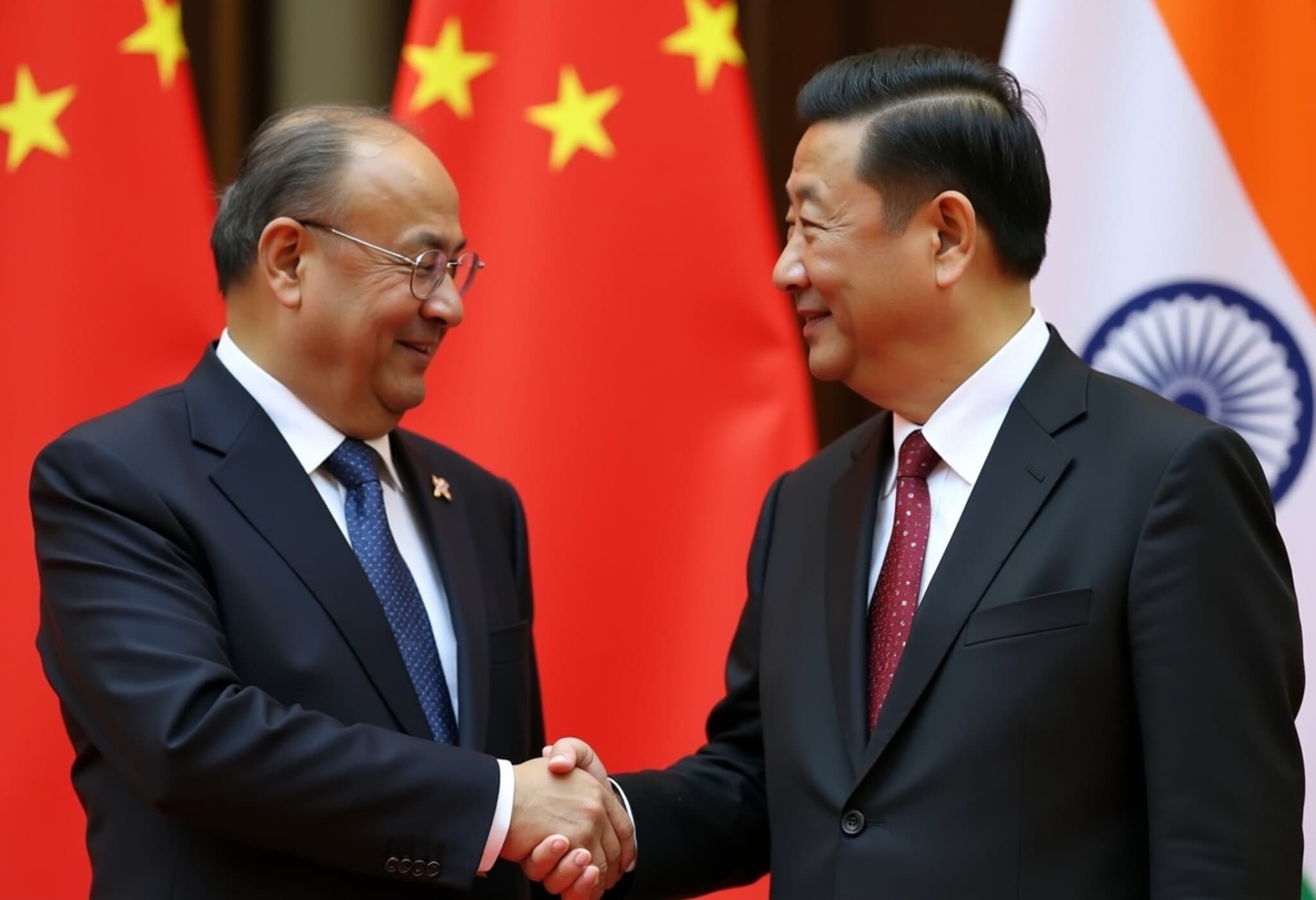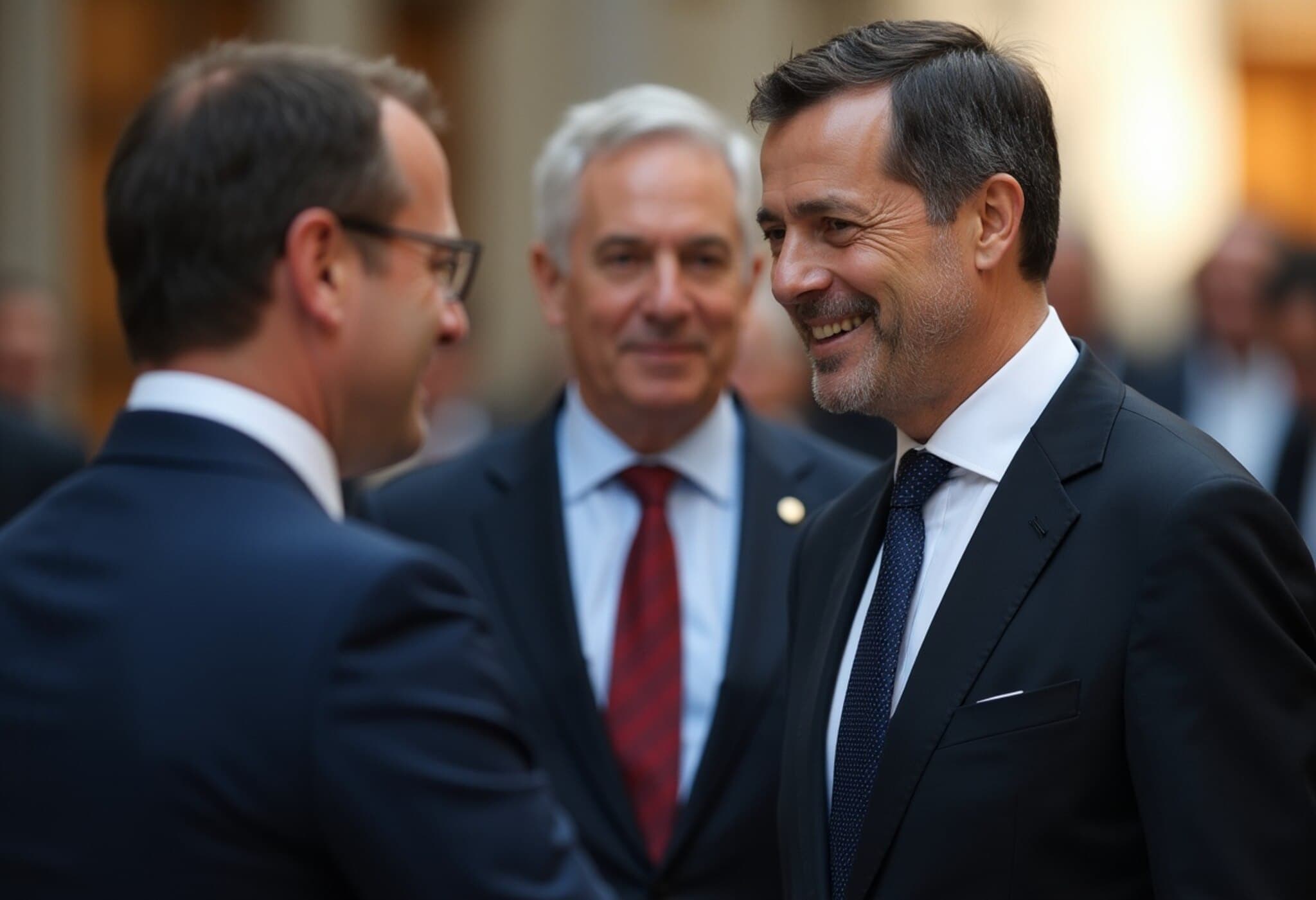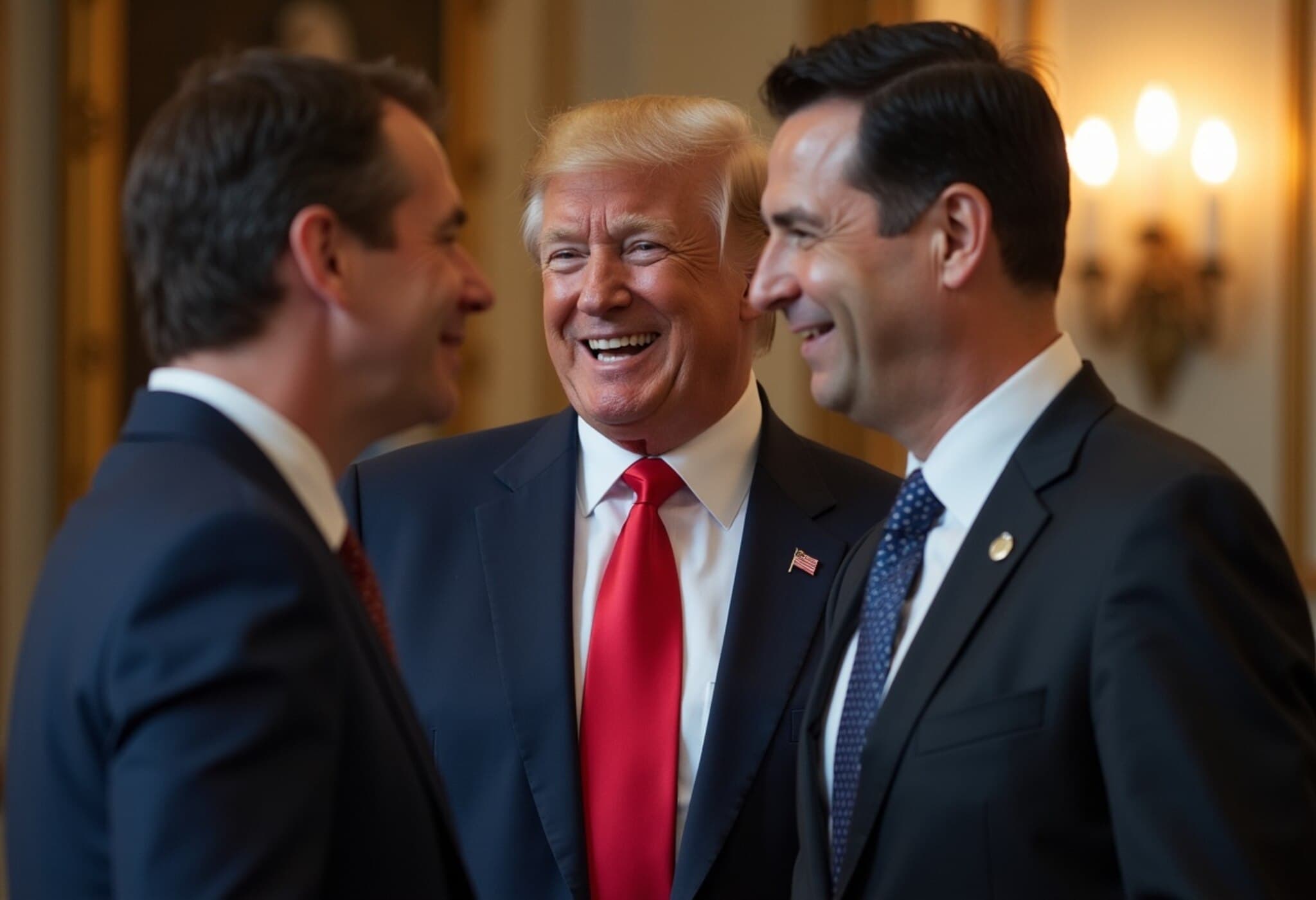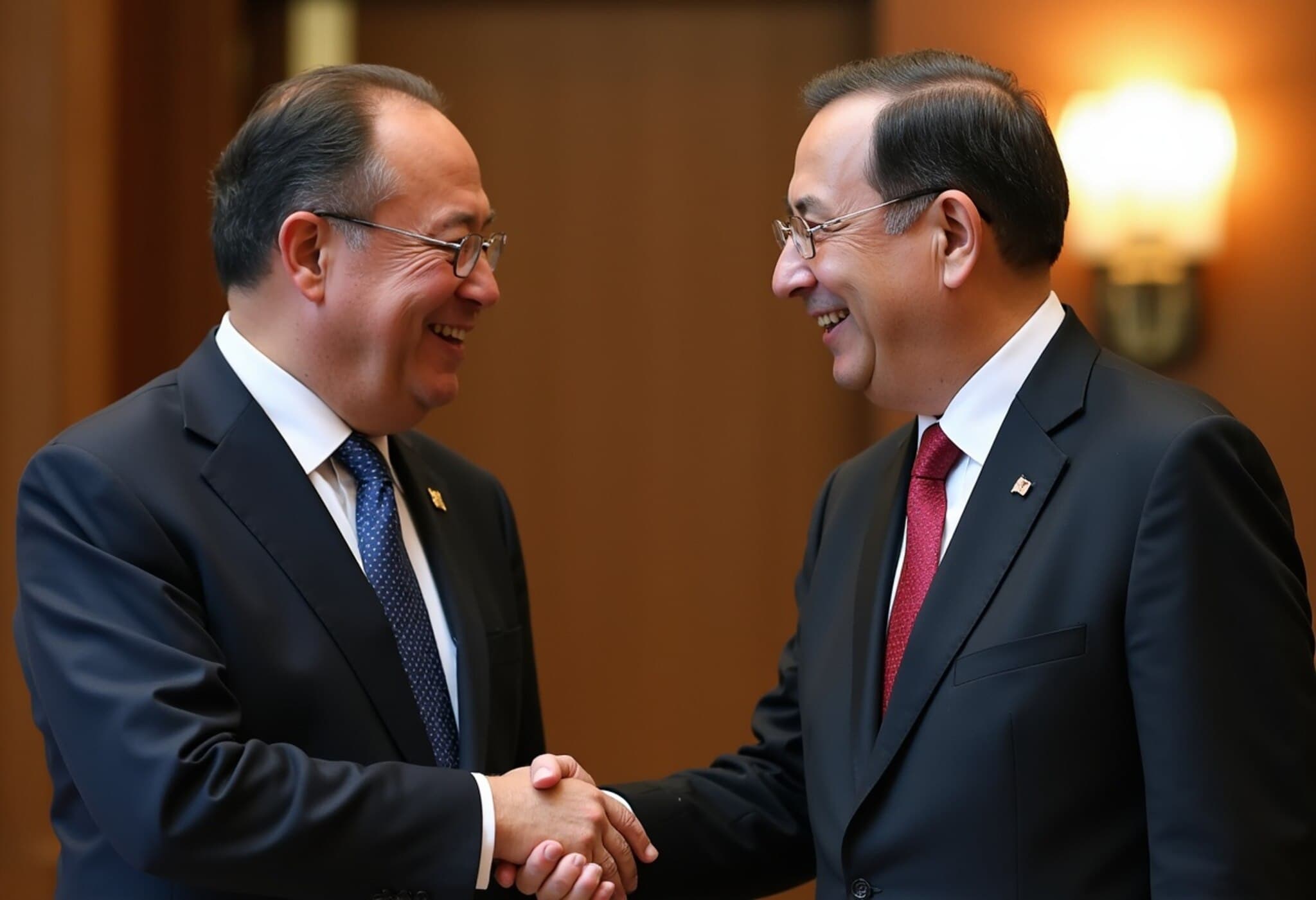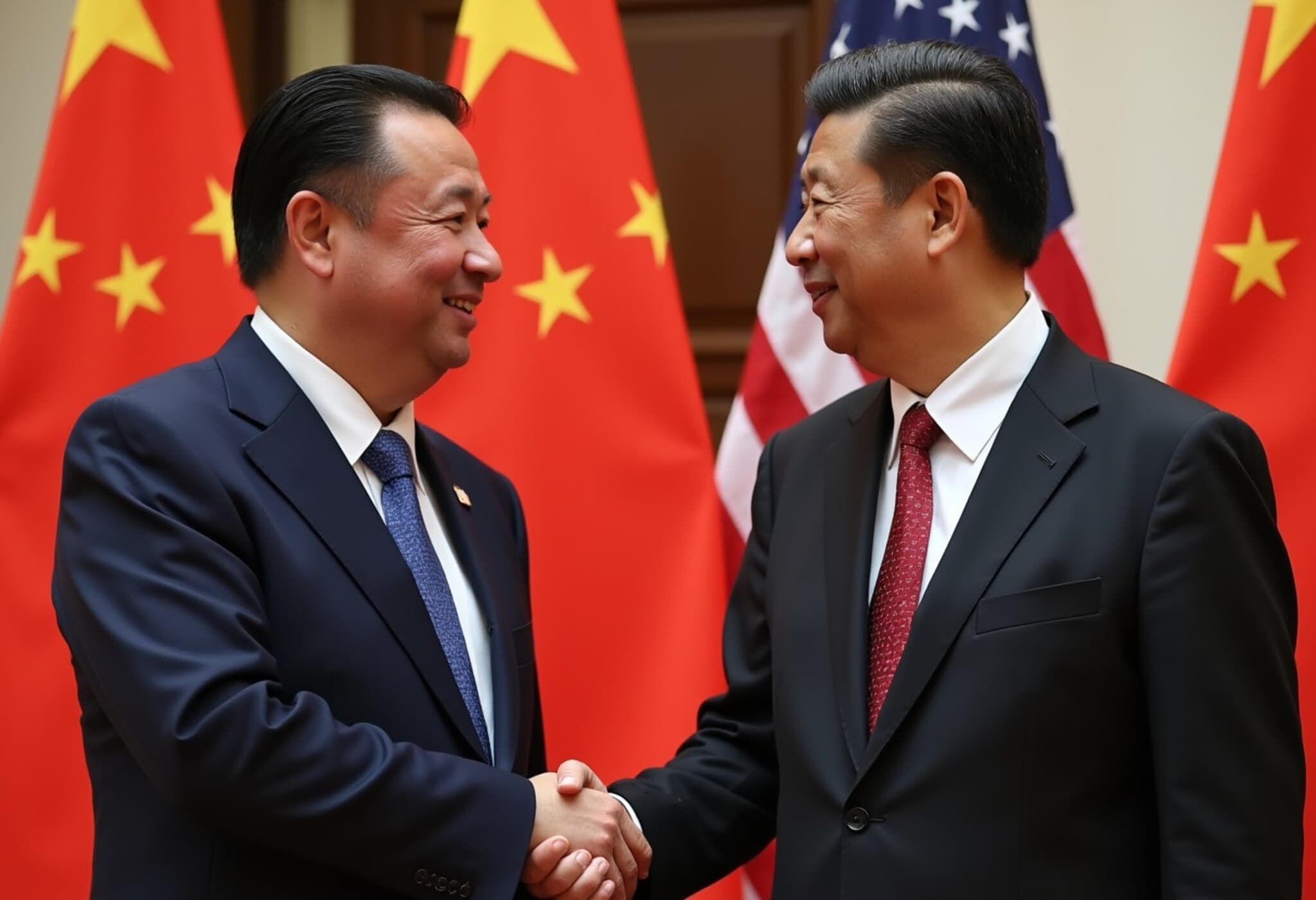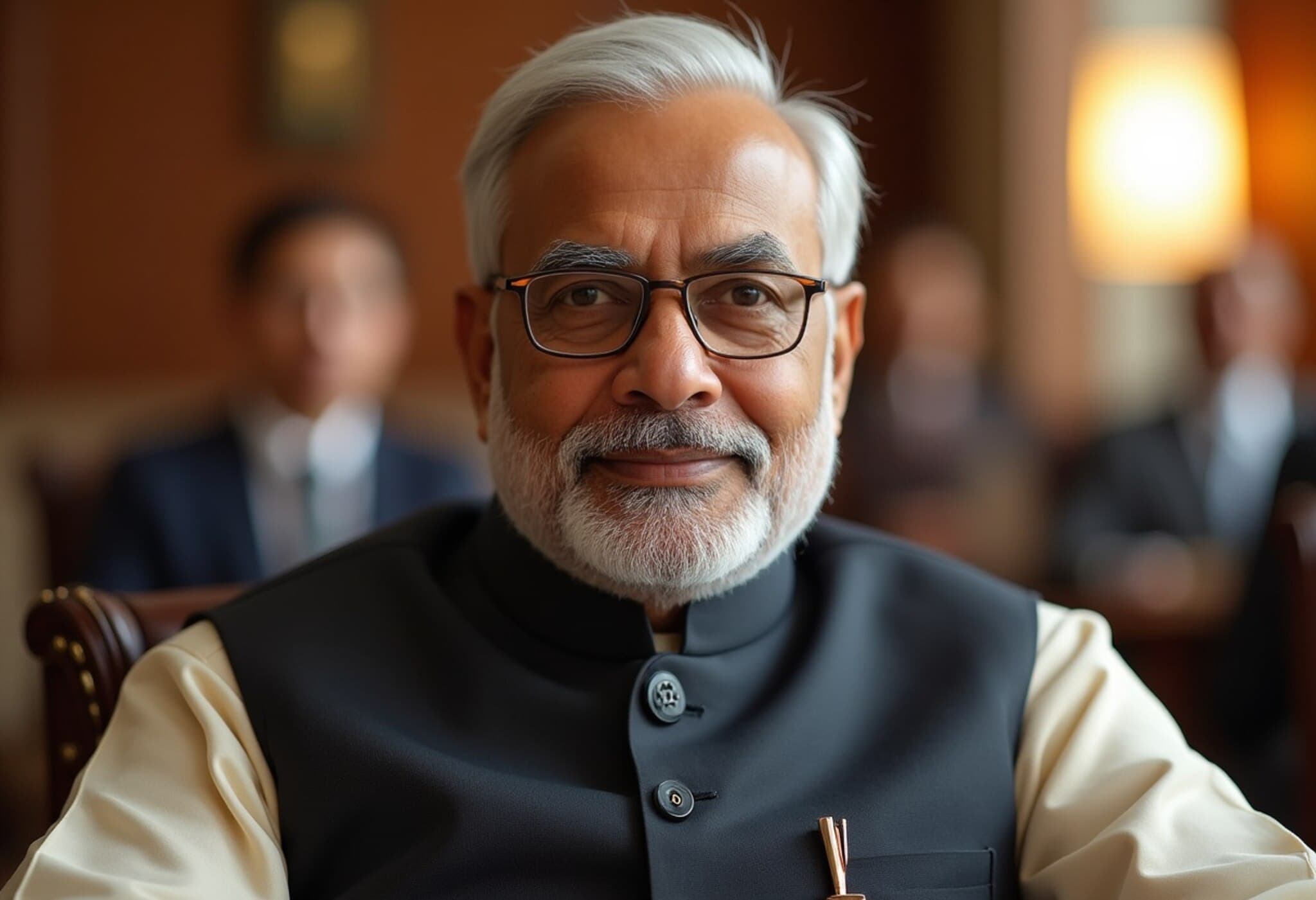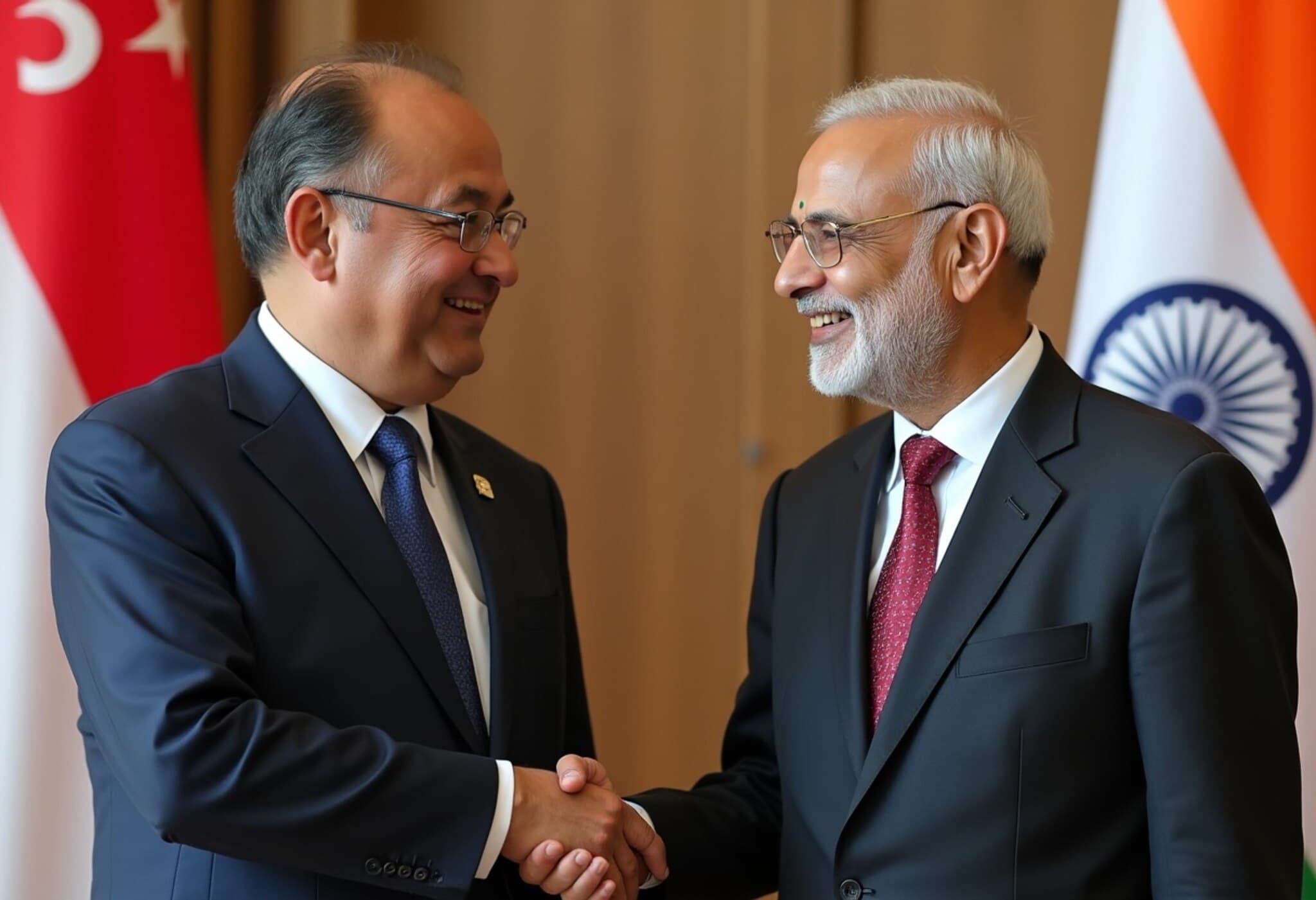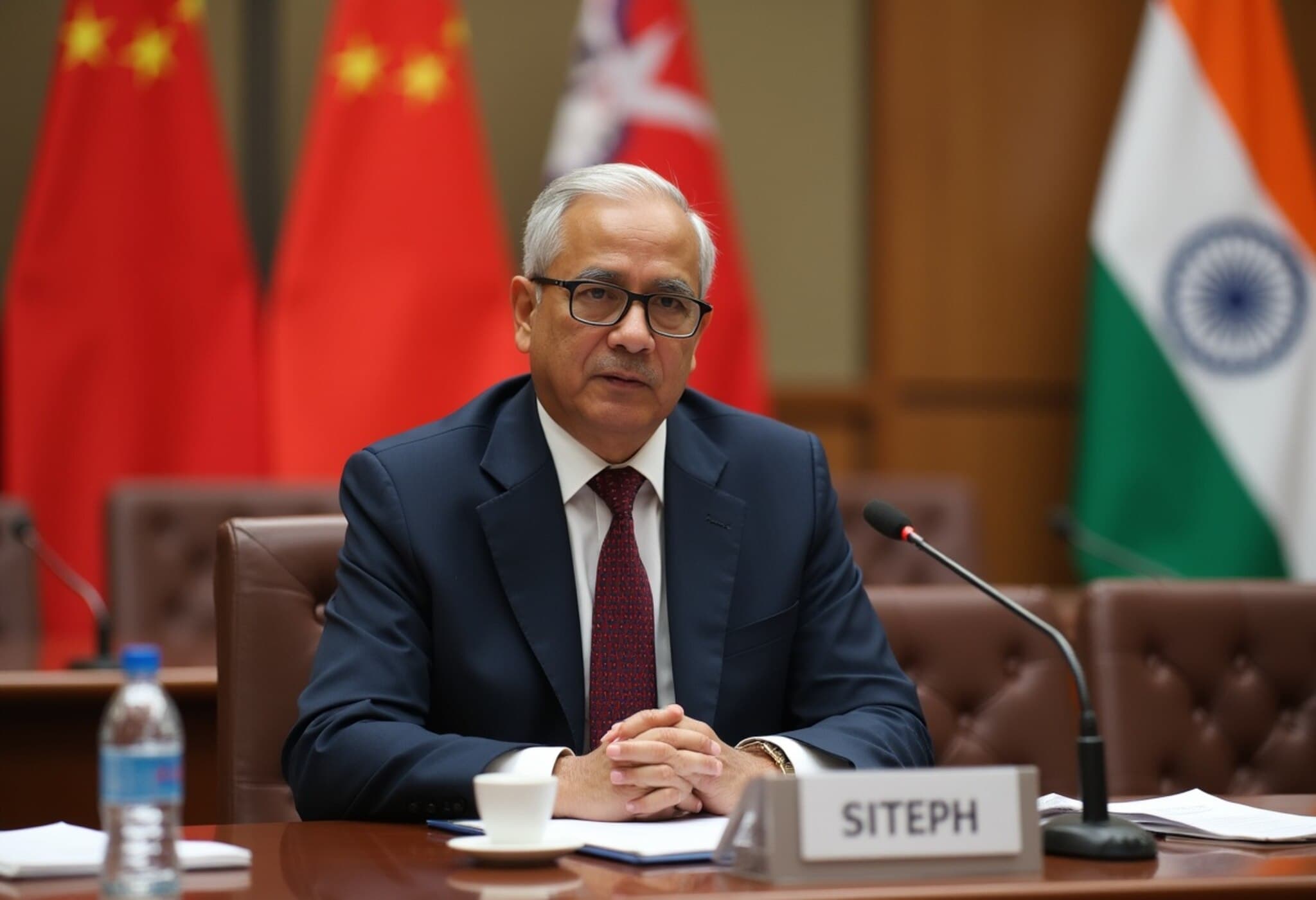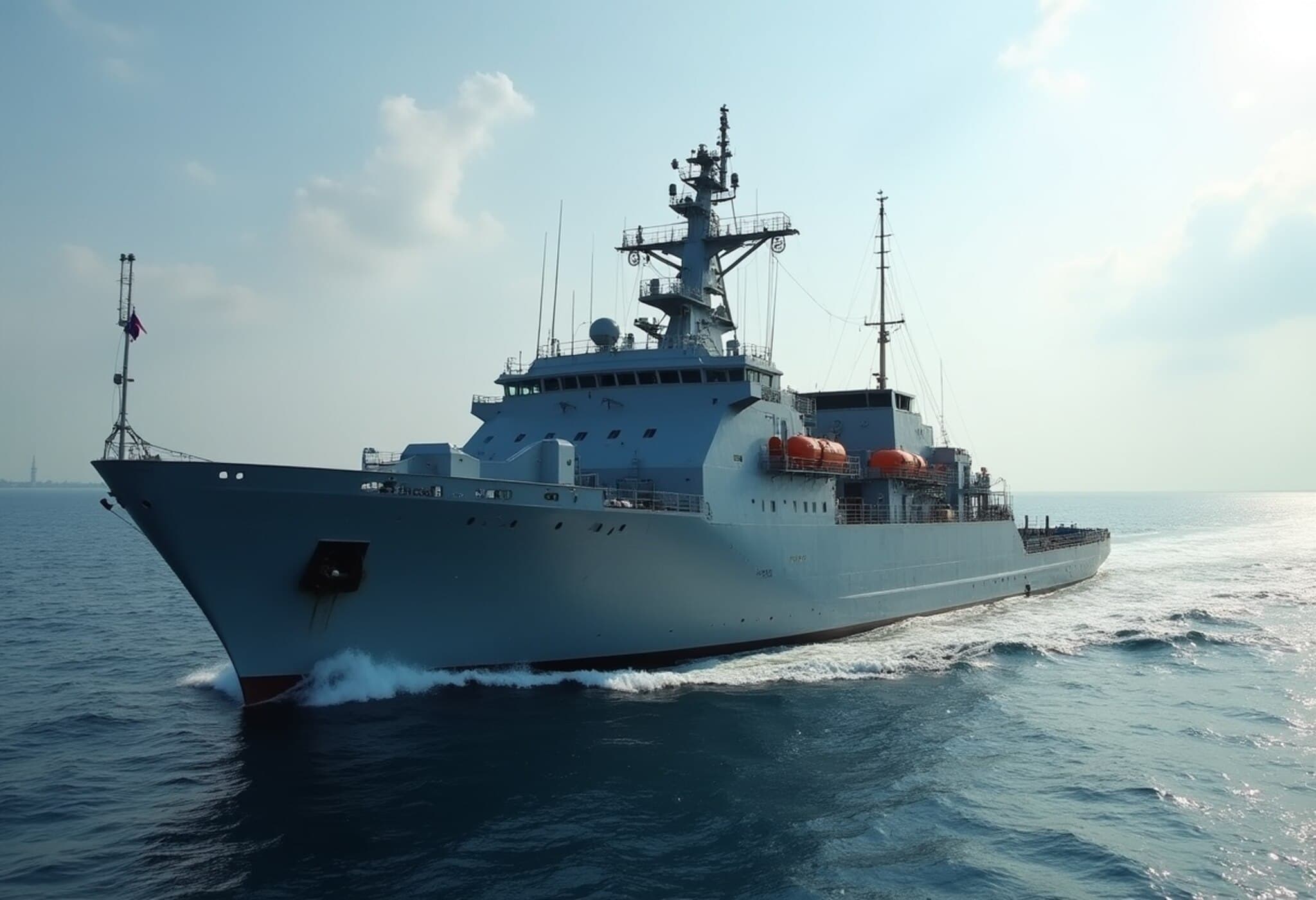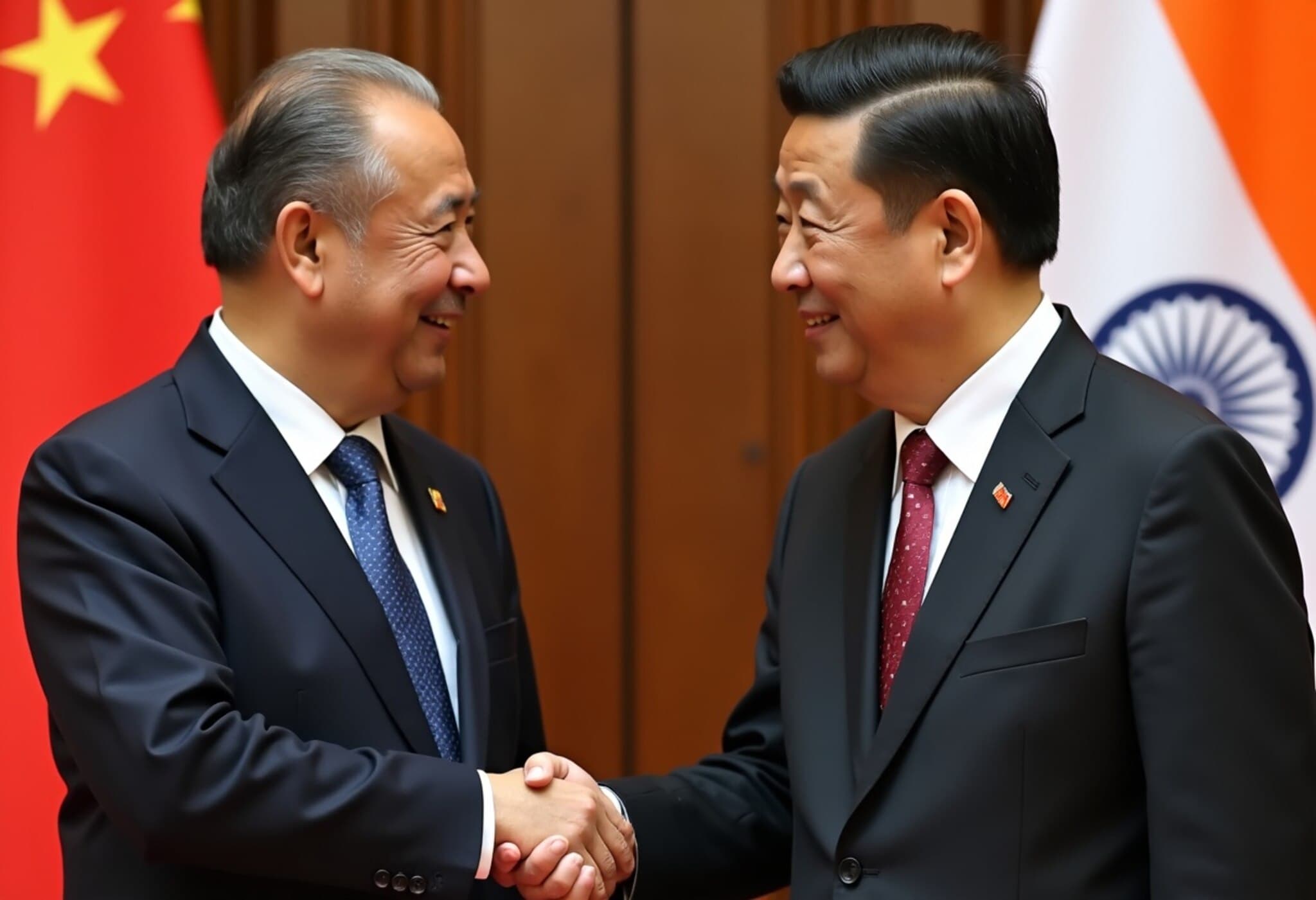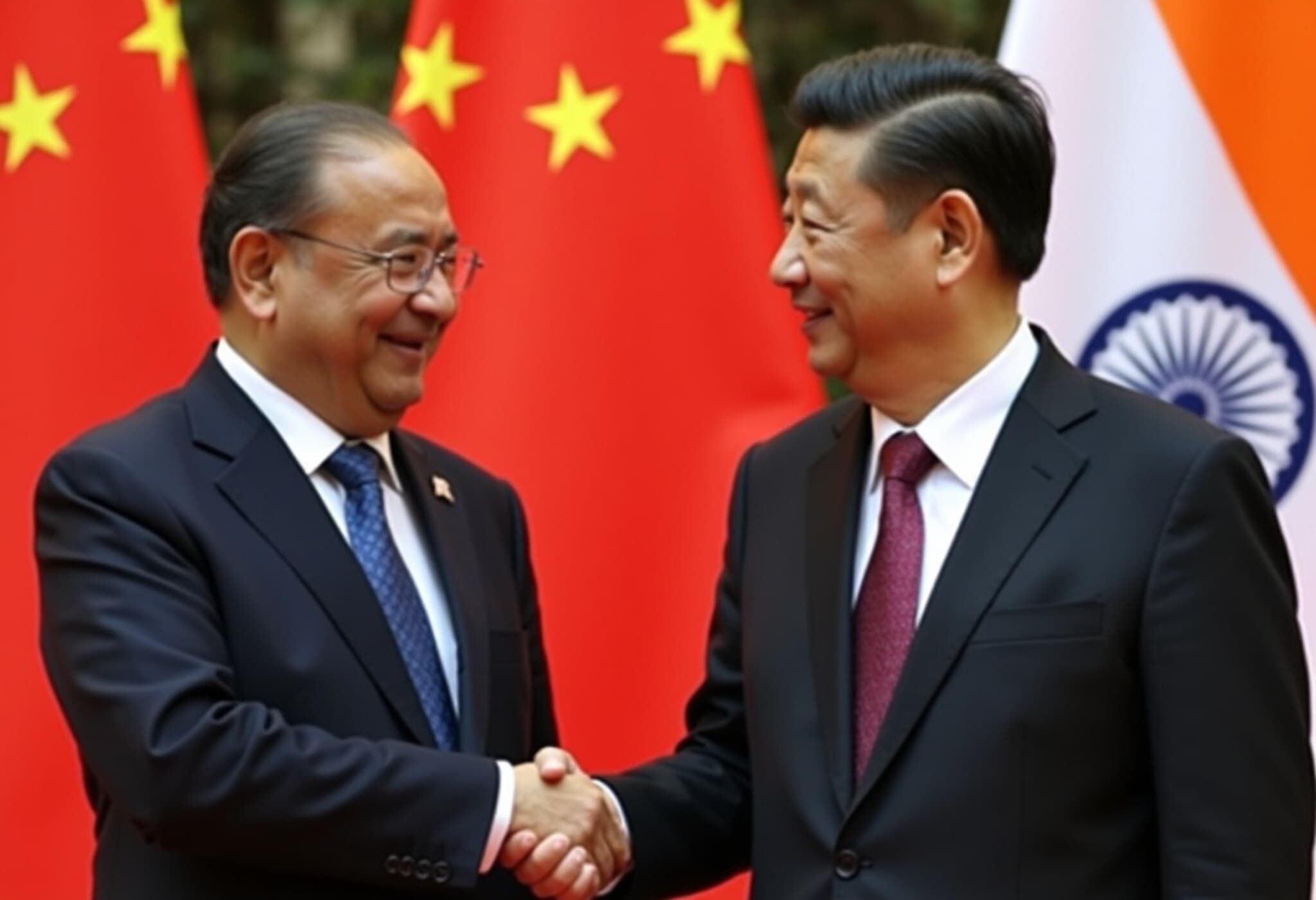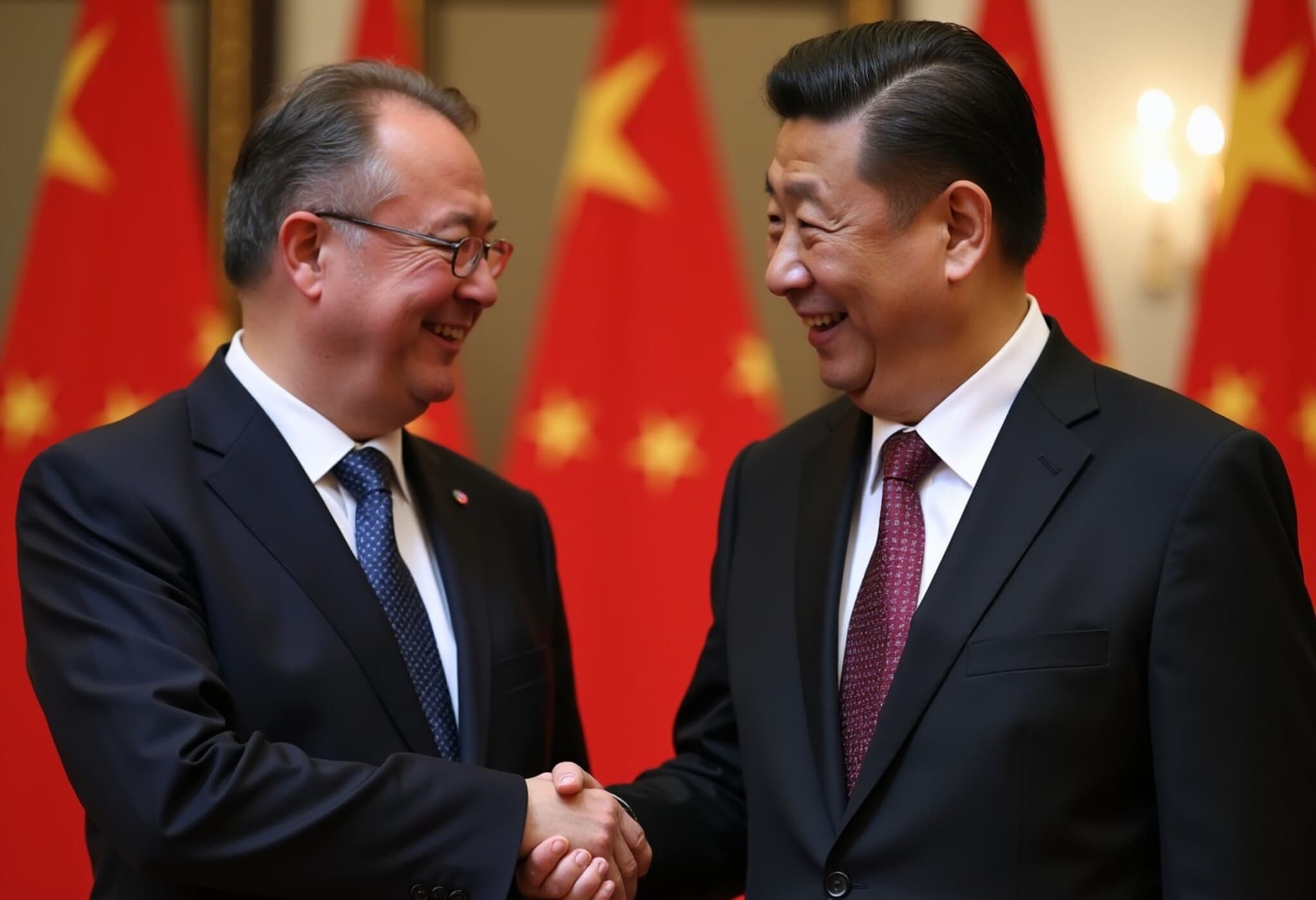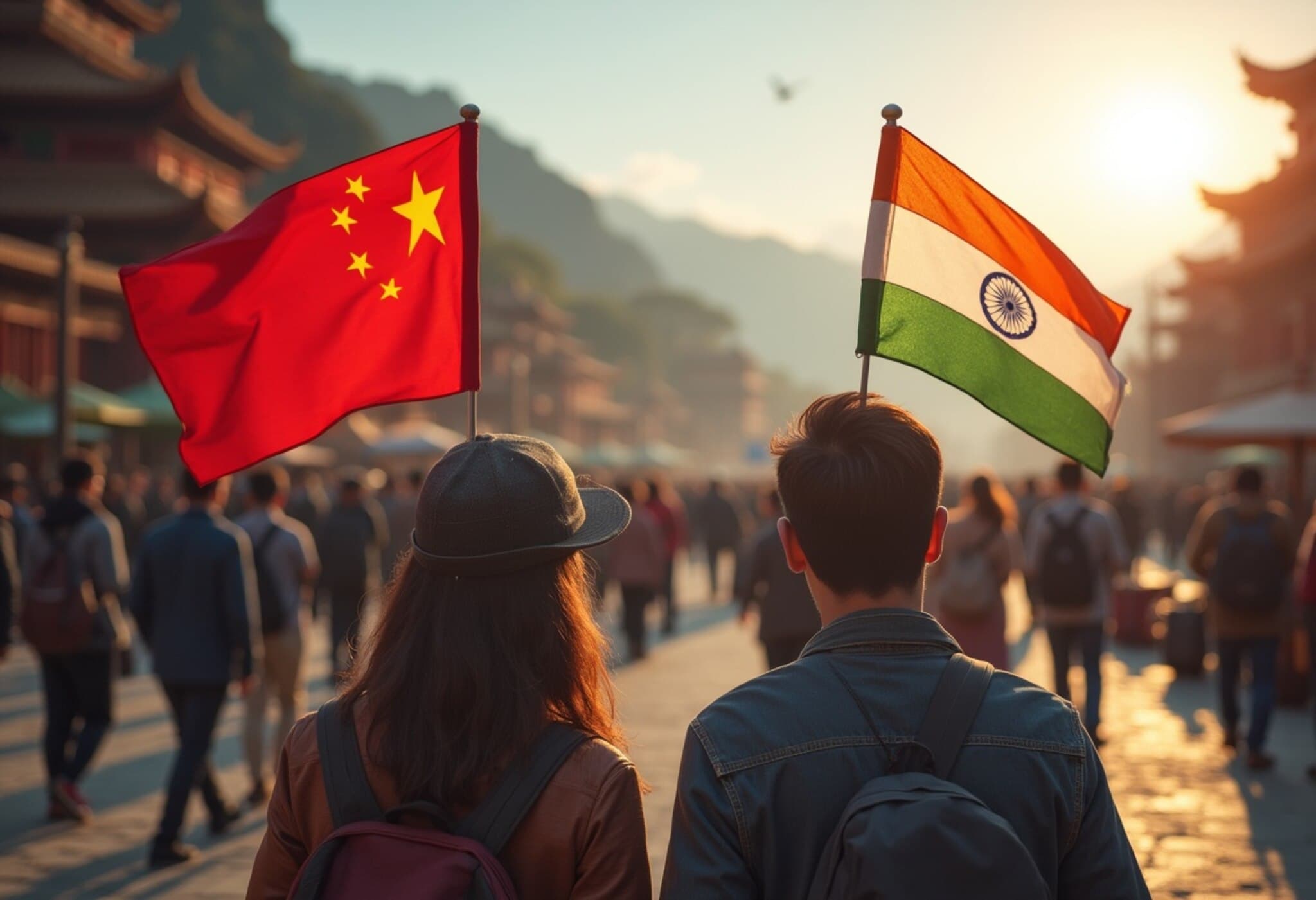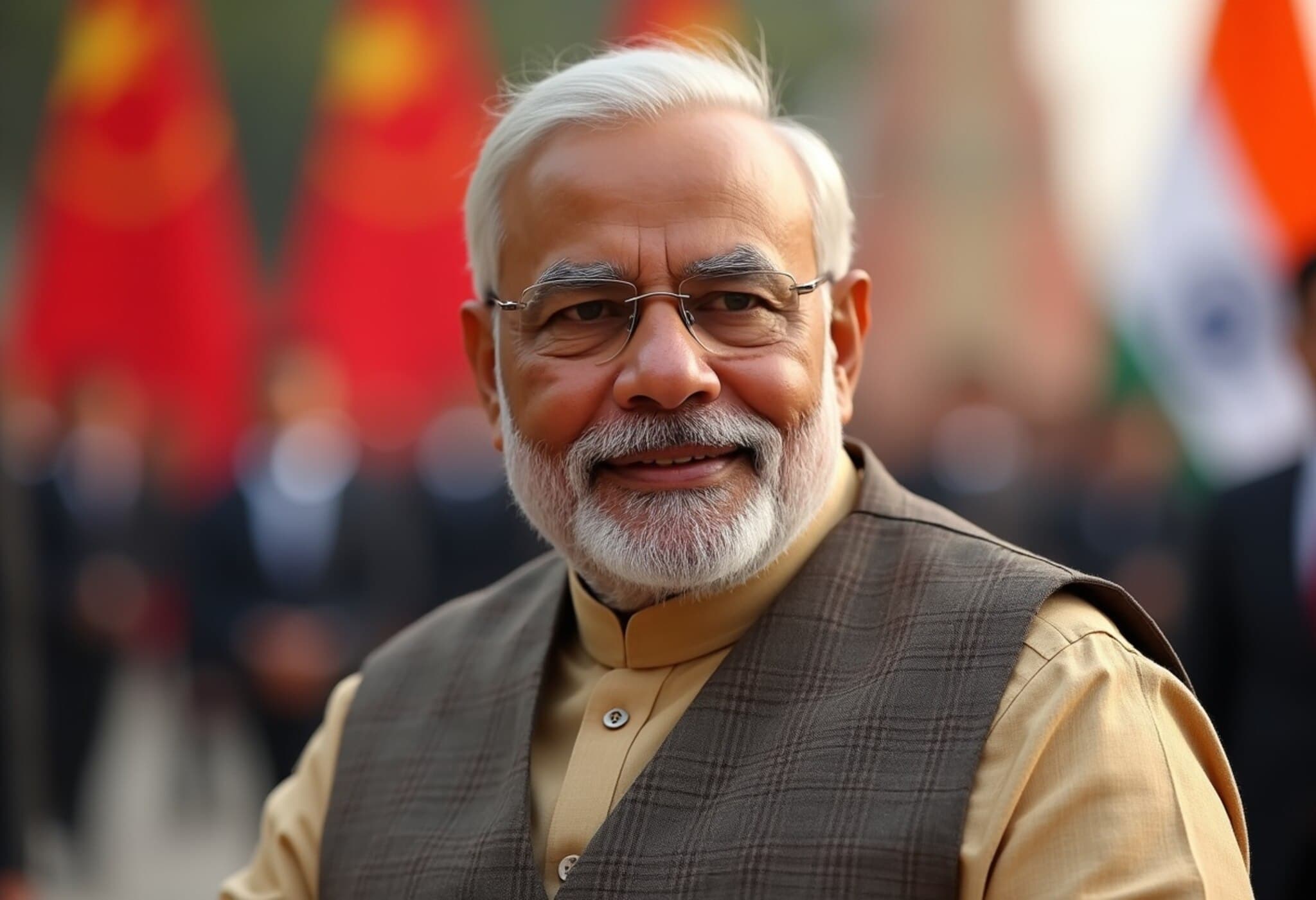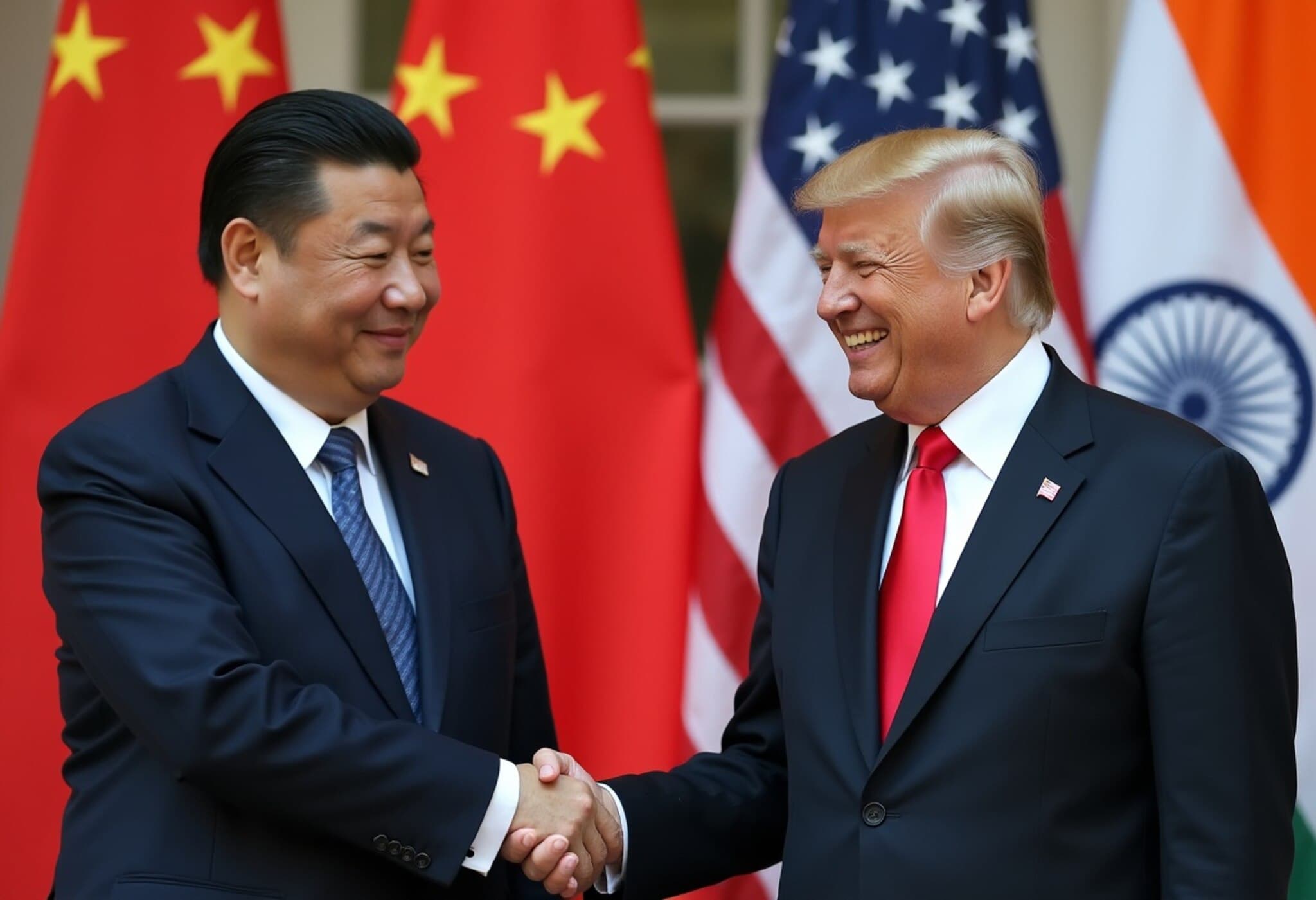India-China Relations Gain Momentum as EAM Jaishankar Meets Chinese Vice President Han Zheng
In a diplomatic move signaling a tentative yet hopeful thaw in one of Asia's most complex bilateral relationships, India's External Affairs Minister (EAM) Dr. S. Jaishankar engaged in high-level discussions with Chinese Vice President Han Zheng on Monday in Beijing. This meeting marks a significant step in India’s efforts to normalize ties following a turbulent phase marked by border tensions and strategic rivalry.
Reinforcing Support for China’s SCO Presidency
Shortly after his arrival in Beijing, Jaishankar expressed India’s support for China’s current presidency of the Shanghai Cooperation Organisation (SCO), an influential regional bloc. “India supports a successful Chinese presidency at the SCO. Our bilateral relations have shown steady improvement since last year’s landmark summit between Prime Minister Modi and President Xi Jinping,” Jaishankar stated, emphasizing optimism about the future trajectory of the relationship.
The minister highlighted recent positive developments, particularly the resumption of the Kailash Mansarovar Yatra, a culturally significant pilgrimage revered in India, which Indian citizens widely appreciated. Jaishankar remarked, “Continued normalization of ties can unlock mutually beneficial outcomes for both countries in trade, security, and people-to-people exchanges.”
Addressing Complex Regional Dynamics
Beyond bilateral goodwill, Jaishankar acknowledged the complexity of the current international environment. He underlined the importance of open dialogue between neighbouring powers to navigate geopolitical challenges. “As neighbouring nations and major economies, an open exchange of views and perspectives between India and China is very important,” said the minister, pointing to the need for steady communication amid global uncertainties.
This dialogue comes at a critical juncture, with Indo-China relations strained over border disputes that sparked a prolonged standoff lasting several years. The visit—Jaishankar’s first to China in over five years—signals a diplomatic reset that could impact regional stability and economic cooperation.
Upcoming Bilateral Engagements
On this visit, Jaishankar is also scheduled to meet his Chinese counterpart for detailed bilateral talks focused on advancing trade, managing border issues, and enhancing cooperation within multilateral forums. Their last interaction was at the G20 summit in Johannesburg earlier this year.
Expert Insight: Analysts note that while this meeting alone cannot resolve longstanding disputes, the renewed commitment to dialogue and mutual support within regional platforms like the SCO shows both nations’ recognition of the importance of peaceful coexistence. The balancing act involves India maintaining strategic autonomy while engaging with China on economic and security fronts—crucial for Asia’s broader geopolitical fabric.
Editor’s Note
This landmark meeting between Jaishankar and Han Zheng underscores a pivotal moment in Indo-China relations. While progress seems promising, the path ahead remains fraught with challenges stemming from historical distrust and evolving global alliances. For readers, it is important to consider how strengthened diplomatic ties could influence regional economic growth and security alliances, including the U.S.'s strategic partnerships with India. Will these efforts lead to durable peace or are they temporary gestures amid underlying tensions? The unfolding narrative will be critical for policymakers and citizens alike.

